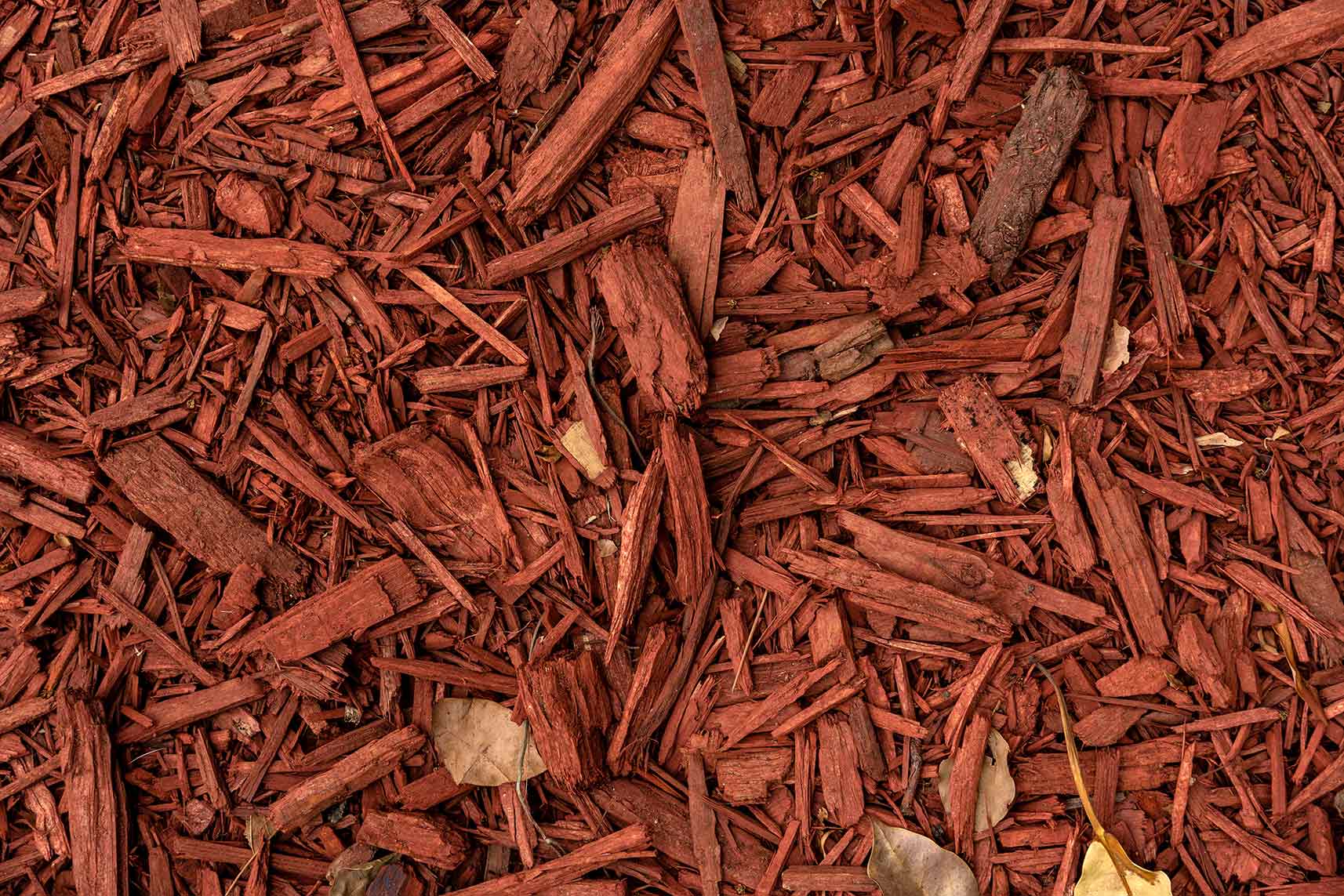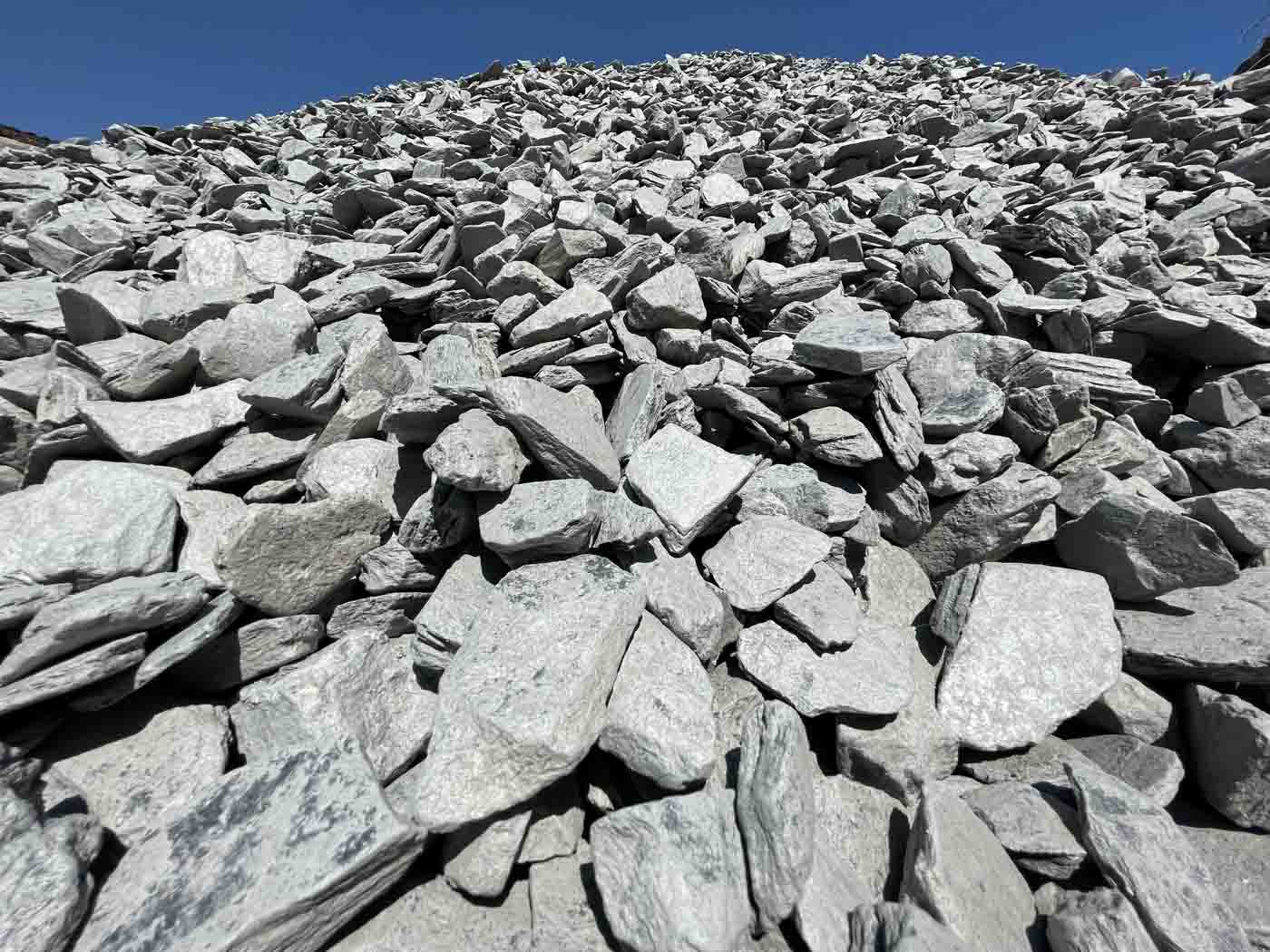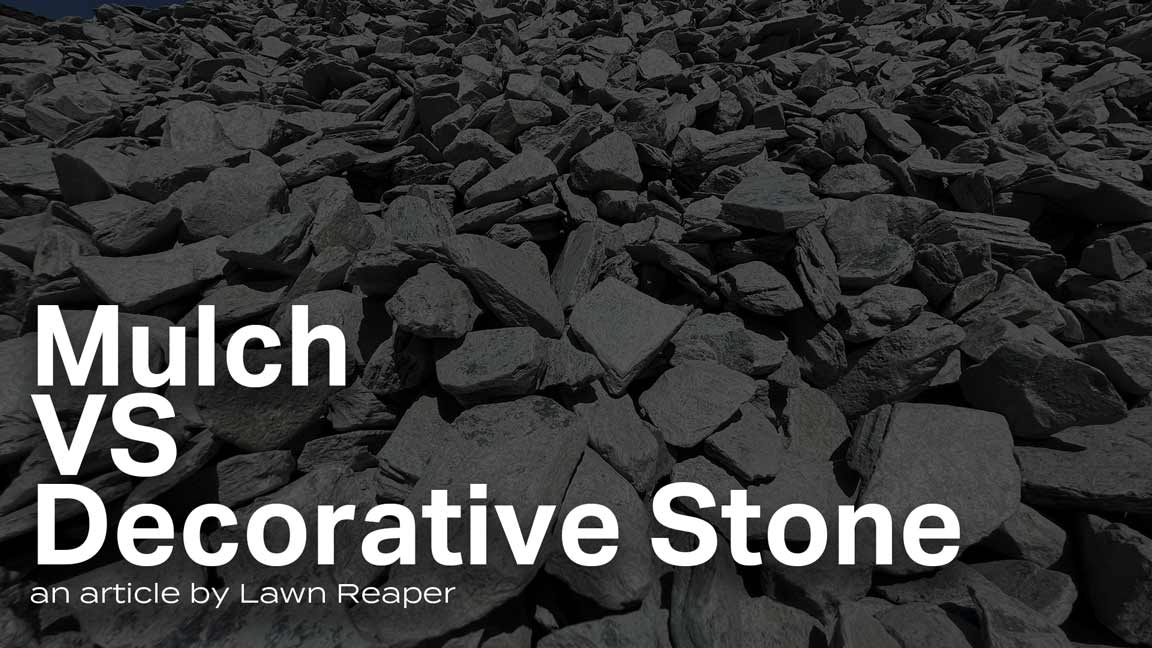Should I install mulch or decorative stone in my flower beds?

Mulching is a common practice in gardening that involves covering the soil surface around plants with a layer of organic or inorganic material. This technique offers various benefits to flower beds, but it also comes with a few downsides. Let’s delve into the pros and cons of using mulch in flower beds to help you make an informed decision for your garden.
Pros:
- Weed Suppression: One of the primary advantages of mulching is its ability to suppress weeds. A thick layer of mulch blocks sunlight, preventing weed growth and reducing the need for constant weeding.
- Moisture Retention: Mulch helps retain soil moisture by reducing evaporation. This is especially crucial during hot summer months, as it helps plants withstand dry spells and reduces the need for frequent watering.
- Temperature Regulation: Mulch acts as insulation for the soil, keeping it cooler in the summer and warmer in the winter. This stability is particularly beneficial for the roots of plants, ensuring they are not exposed to extreme temperature fluctuations.
- Soil Erosion Prevention: By forming a protective layer over the soil, mulch prevents erosion caused by heavy rainfall or strong winds. This is especially important for sloped flower beds.
- Nutrient Enrichment: Organic mulches break down over time, adding nutrients to the soil as they decompose. This gradual release of nutrients supports healthy plant growth.
Cons:
- Pest Habitat: Mulch can provide a cozy home for pests like slugs, snails, and rodents. These creatures may find shelter and food in the mulch, potentially leading to an increase in pest populations.
- Disease Risk: If not managed properly, certain types of mulch can create a moist environment that encourages the growth of fungal diseases in plants. Proper spacing and aeration can help mitigate this risk.
- Nutrient Tie-Up: Inorganic mulches, such as rubber or stones, don’t break down and can’t provide nutrients to the soil. Over time, they might lead to nutrient imbalances in the bed.
- Acidification: Some types of organic mulch, like pine needles or oak leaves, can slightly acidify the soil over time. While this might be beneficial for acid-loving plants, it might negatively impact others.
- Competing for Water: Thick layers of mulch can sometimes hinder water penetration, leading to water running off the surface instead of soaking into the soil. This can be managed by proper mulch depth and watering techniques.
In conclusion, mulching flower beds offers several advantages, including weed suppression, moisture retention, and temperature regulation. However, it’s essential to be aware of potential drawbacks such as pest attraction and disease risks.

Decorative stones are a popular choice for creating visually appealing flower beds, but like any landscaping element, they come with their own set of advantages and disadvantages. Let’s explore the pros and cons of using decorative stones in your flower beds.
Pros:
- Aesthetic Appeal: Decorative stones add a touch of elegance and texture to your garden. They come in various colors, shapes, and sizes, allowing you to create a customized look that complements the overall design of your outdoor space.
- Low Maintenance: One of the most significant benefits of using decorative stones is their low maintenance nature. Unlike organic mulches, stones don’t decompose, which means you won’t need to replace them as frequently. They also don’t require regular watering or nutrient replenishment.
- Weed Suppression: Just like mulch, decorative stones can help suppress weed growth. They create a barrier that blocks sunlight and prevents weed seeds from germinating, reducing the need for constant weeding.
- Durability: Decorative stones are durable and can withstand various weather conditions. They won’t break down over time, making them a long-lasting option for your flower beds.
- Improved Drainage: Decorative stones allow for excellent water drainage, preventing waterlogged soil and root rot. This is particularly advantageous for plants that prefer well-draining conditions.
Cons:
- Heat Retention: Decorative stones can absorb and retain heat, potentially causing the soil to become too hot for some plants. This is especially true in sunny and warm climates, which might limit the types of plants you can grow in the bed.
- Limited Nutrient Contribution: Unlike organic mulches, decorative stones do not decompose and contribute nutrients to the soil. This means you’ll need to rely on other methods, like using fertilizers, to provide essential nutrients to your plants.
- Weed Growth in Gaps: If not properly installed with a weed barrier, decorative stones can develop gaps where weeds can still emerge. Regular maintenance is required to ensure that weeds don’t find their way through the stones.
- Challenging Planting and Transplanting: Planting directly into decorative stone beds can be challenging. The stones make it difficult to dig holes and transplant plants. You may need to move stones aside temporarily or use containers for planting.
- Initial Cost: While decorative stones have a low long-term maintenance cost, the initial investment can be higher compared to other mulching options.
In conclusion, using decorative stones in flower beds can enhance the visual appeal of your garden while providing low-maintenance benefits such as weed suppression and durability. However, it’s essential to consider factors like heat retention and limited nutrient contribution when deciding if decorative stones are the right choice for your specific plants and climate. By weighing the pros and cons, you can make an informed decision that aligns with your gardening goals and preferences.
If you are in need of mulching or decorative stone services, please use the form below and a Lawn Reaper representative will be in touch.






